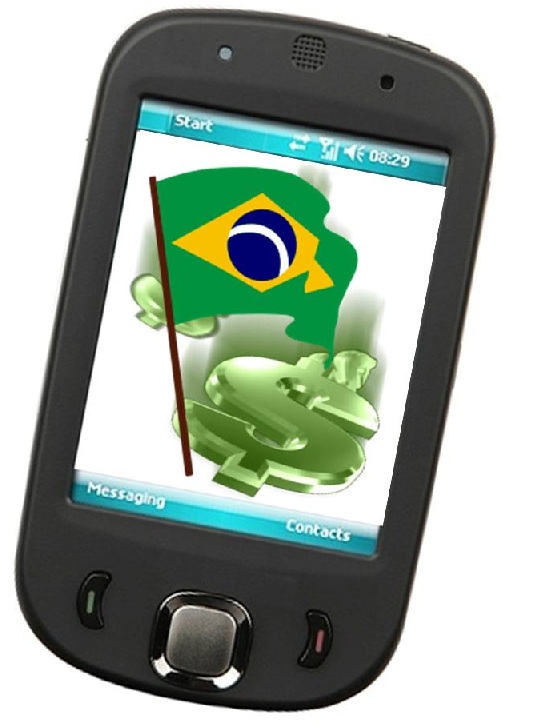This brings regulations for smartphone based transactions into the country, making the tech usable.
Dilma Rousseff, the President of Brazil, has now given approval to a brand new law that brings regulations to the mobile payments sector into the country in order to guide the businesses and consumers who wish to take part in this type of transaction.
This new law has formed an identity within the country that will make the transactions possible.
The law, which is number 12,865, has created a new form of legal identity, now known as a “payments institution”. This entity will receive its regulation from the Brazilian Central Bank. It will meant that consumers in Brazil will be able to take advantage of mobile payments and banking services from banks, financial institutions, and merchants.
These mobile payments will be targeted particularly toward consumers in the lower income brackets.
 The original intentions of the government were outlined in plans for the regulation over mobile payments as a whole in Brazil, back in May of this year. That original introduction came in the form of a bill that required common standards for this type of transaction that would be maintained throughout the country. It also stated that these services must be interoperable among the various smartphone based transaction programs in the country.
The original intentions of the government were outlined in plans for the regulation over mobile payments as a whole in Brazil, back in May of this year. That original introduction came in the form of a bill that required common standards for this type of transaction that would be maintained throughout the country. It also stated that these services must be interoperable among the various smartphone based transaction programs in the country.
More recently, in September, the Chamber of Deputies and the Brazilian Senate both gave their approval to the mobile payments bill. From that stage, it was moved onward to the desk of the president in order to make it possible for it to be passed into a law.
Now that the president has, indeed, approved the law, it is up to the Brazilian Central Bank to be able to come up with the rules for mobile payments operators to follow in order to offer this type of transaction. The Brazilian Central Bank has 180 days as of the signing of the law by the president in order to create those regulations to be followed by that sector of the industry. The near future will be very defining to the ability of Brazilians to be able to pay using their smartphones.

